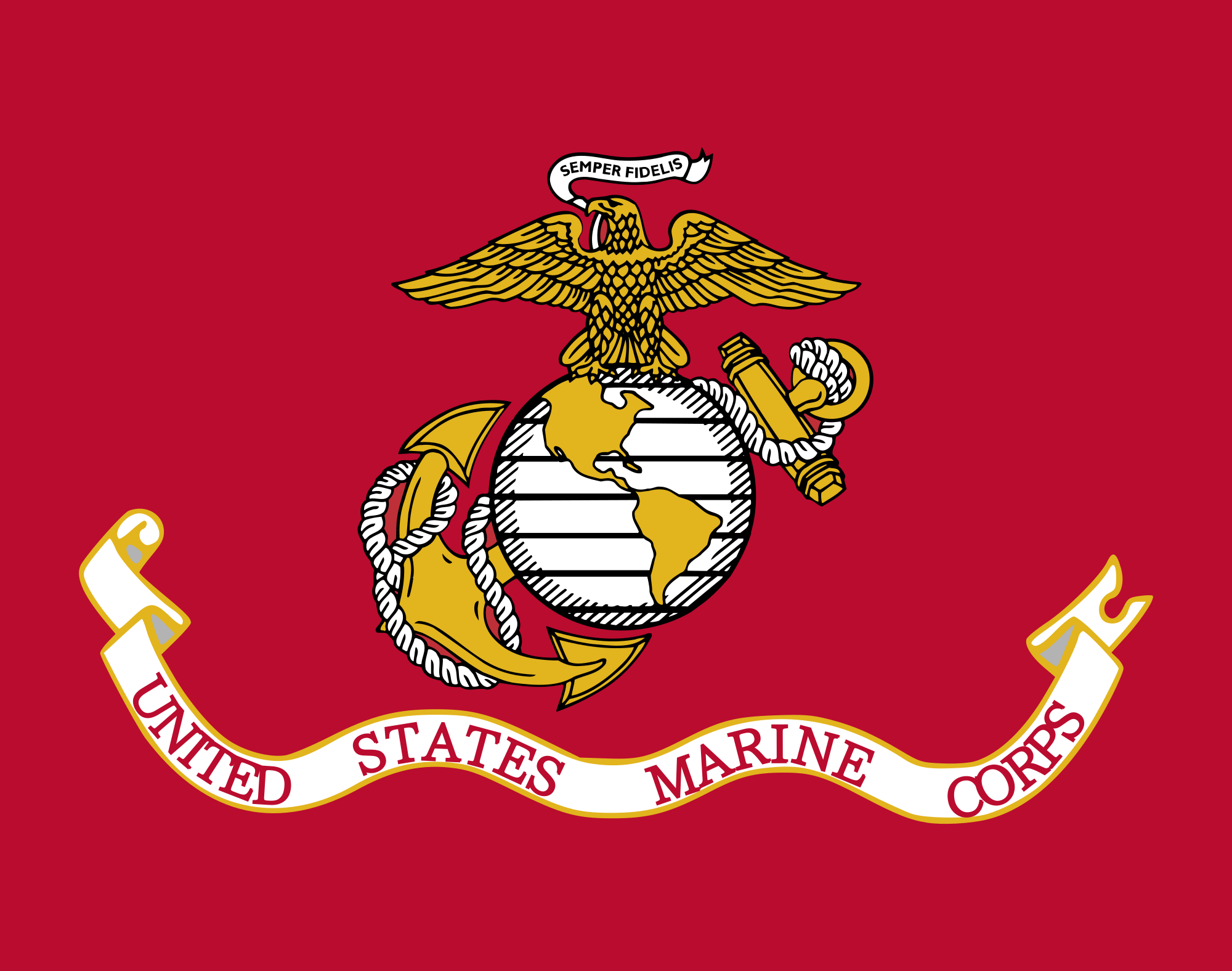Audio for the Interview
https://soundcloud.com/mirast/interview-2
A brief description; I interviewed Randall Ruelas for my first interview. Randall served as a member of the United States Marine Corps for a total of six years. Eventually reaching the rank of SGT and commanding a platoon. I felt it was necessary and justified to interview him because as a non-commissioned officer in the United States Military, he garnered lots of knowledge pertaining to military tactics and strategy. Specifically the communication aspects of it, like how to most effectively give orders and how to deal with officers you do not like.
What is the most important thing I learned from the interview?
The most important thing that I learned from the interview was that the makings of a leader is not about having tactical brilliance. The makings of a good leader is about the force of will to lead and the ability of you as a person to make your orders sound like they are what is best for whom youre ordering. You must always be happy, or at least nonchalant around your men because how you act, what you say and what you sound like affects how your men follow you. If you're sloppy, you show emotion when you shouldnt and you hesistate when giving orders then your men will follow that example and that example will get them killed. The most important idea to take away from that, is leading consist of the moral part of war and the moral part of war is the most necessary part. Without strong leaders, who can get what needs to be done done and whom can inspire their men, any military plan will fall apart. The communist won their civil war in china, not because of tactical brilliance but because their men were highly motivated and motivation is what drives a soldier. It doesnt matter how well trained you are, if you do not feel motivated enough or compelled enough to follow the officer leading you, then you will break and that training was worth nothing.
Is there anything I would do differently for other interviews?
There really isnt anything that I would do differently in another interview. I think that the interview went very well, I got a lot of information out of it and it allowed me to develop the ideology that I spoke about for the previous question. This interview gave me the insight into the officer corp and the noncomissioned officer corps that I needed to connect my ideas of tactical brilliance with the idea of recognizing that war is fought by people with feelings and not machines without feelings.
Did I get additional resources and contacts?
I didnt really get any additional contacts at all from him specifically. But after speaking to him, I was able to speak to some of the officers still around at the Civil Air Patrol meeting and I was able to make some contacts through that.
What makes my interviewee qualified to help me?
My interviewee is a retired marine sergeant as described in the brief description at the beginning of the post. He served for nearly a decade and in that short time span, due to his dedication to the corps and his ability to efficiently and quickly complete his work he not only rose to the rank of sergeant, he also fulfilled the duties of a rank that was multiple pay grades above him.

